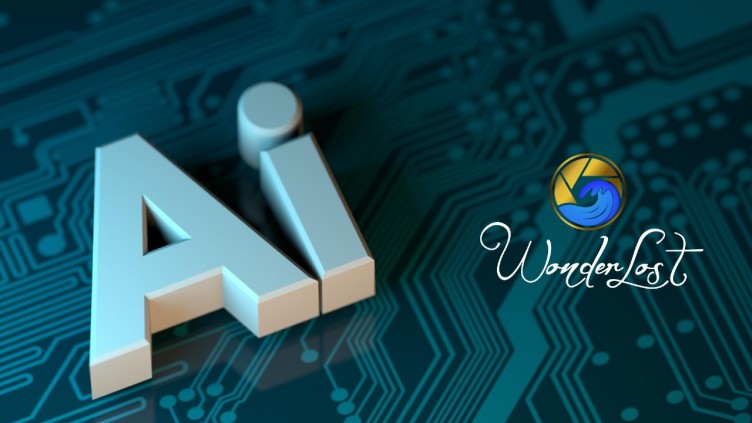Introduction
Artificial Intelligence (AI) and Human Intelligence are two fascinating concepts that have captivated the human imagination for centuries. While both involve cognitive processes and problem-solving capabilities, they differ significantly in their origins, capabilities, and limitations. In this blog, we’ll delve into the distinctions between AI and Human Intelligence, their respective strengths and weaknesses, and the potential for collaboration between the two.
Origins and Definitions
Human Intelligence is the innate cognitive ability possessed by humans that enables us to learn, reason, adapt, and understand complex concepts. AI, on the other hand, is a man-made technology that simulates human-like cognitive functions, aiming to mimic intelligent behavior through algorithms and data processing.
Learning and Adaptation
Human Intelligence is characterized by a capacity for learning from experience, retaining knowledge, and adapting to new situations. Human brains can draw connections between disparate ideas, think creatively, and use intuition to solve problems. In contrast, AI learns from data through machine learning algorithms and can adapt its behavior based on the data it processes.
Creativity and Emotional Intelligence
While AI can demonstrate remarkable creativity in generating art, music, or content, it lacks the emotional depth and understanding that Human Intelligence possesses. Human Intelligence is intricately linked to emotional intelligence, allowing us to empathize, understand emotions, and form meaningful relationships.
Limitations and Bias
AI’s capabilities are constrained by the data it is trained on and the algorithms used. This limitation can lead to biased decision-making if the data used for training contains biases. Human Intelligence, while immensely powerful, is not immune to cognitive biases either, but our self-awareness allows us to address and mitigate them.
Repetitive Tasks and Efficiency
AI excels in performing repetitive and mundane tasks with great speed and accuracy, making it invaluable in streamlining business processes and automating tasks. In contrast, humans may find such tasks monotonous and error-prone over time.
Contextual Understanding and Intuition
Human Intelligence possesses the ability to understand context, interpret subtle cues, and apply intuition to decision-making. Understanding humor, sarcasm, and irony are aspects of human cognition that remain challenging for AI to replicate convincingly.
Synergy: The Future of Collaboration
Rather than being adversaries, AI and Human Intelligence have the potential to work synergistically. While AI can augment human capabilities in data analysis, pattern recognition, and automation, human creativity, empathy, and critical thinking can guide AI to ethical and meaningful applications.
Ethical Considerations
As AI becomes more sophisticated, ethical considerations become crucial. Ensuring that AI systems operate responsibly and align with human values is vital to prevent unintended consequences and potential harm.
Conclusion
Artificial Intelligence and Human Intelligence are two distinct yet complementary forms of cognition. While AI has made significant strides in various domains, it still lacks the emotional depth, creativity, and intuitive understanding that define Human Intelligence. Recognizing the strengths and limitations of both types of intelligence is essential for responsible AI development and integration.
The future lies in a collaborative approach, where AI enhances human capabilities and empowers us to address complex challenges. By fostering a balanced and ethical integration of AI into society, we can unlock the full potential of both Artificial Intelligence and Human Intelligence for the betterment of humanity.


